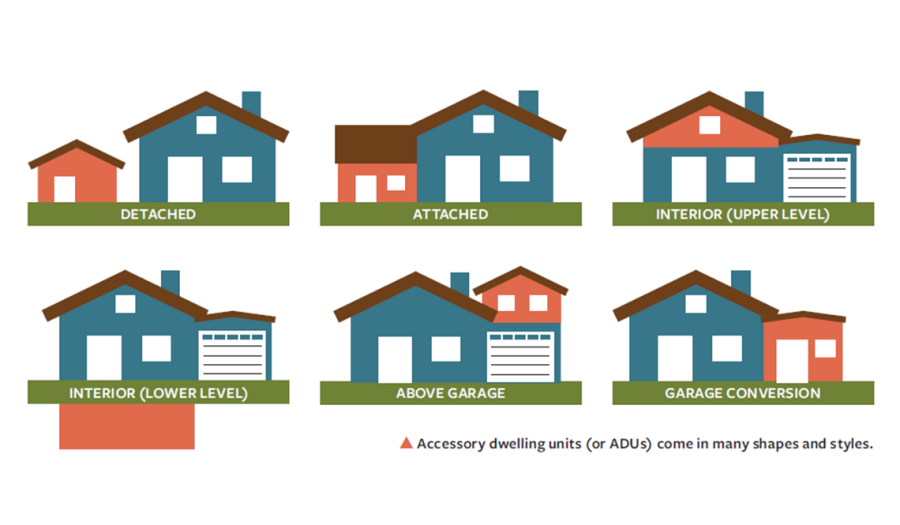
Back in 2019, Montgomery County loosened zoning laws around Accessory Dwelling Units. Accessory Dwelling Units, also known as ADU are separate apartments on properties that can be used as rentals. ADUs can be basement apartments, a separate part of the home allocated as an apartment, or a separate physical structure on the property such as a tiny home.
ADUs accomplish multiple goals; they create secondary income for homeowners, create affordable housing for renters, and help create more housing in Montgomery County which is always in dire need of homes. When the county council voted unanimously for the revision of existing rules it made it much easier for homeowners and residents of Montgomery County to build ADUs on their property.
Here Are the Biggest Changes in the Revisions:
- ADUs can be built on any property regardless of lot size. Before revisions, ADUs could only be built on lots at least an acre large. This rule made ADUs nearly impossible in places in the county with smaller lot sizes such as Bethesda and Silver Spring.
- ADUs can now be located within 300 feet of one another. Before the new rules, if your neighbor had an ADU on their property and was less than 300 feet from your home, you could not build an ADU. That rule was changed and there are no more distance restrictions.
- ADUs now only require one additional parking space for tenants of the unit. This rule does not apply if the ADU is located within one mile of a metro station.
- ADUs can now be incorporated into a building of any age whereas before they could only be incorporated into a building that was five years old. This means that ADUs can be incorporated into new construction plans.
- ADUs now have no specific size maximum. ADUs may only be up to 50% of the size of the original residence. Before, the maximum square footage of an ADU capped out at 800 sq ft.
Many Rules Did Not Change With the Major Revisions. Here Are Some Rules That Were Not Revised:
- The property owner must live on the property where the ADU is located.
- Only one ADU is allowed per lot.ADUss must be licensed by the county department of housing.
- Construction of ADUs must meet zoning requirements and be built to code.
ADUs can be a great opportunity to create revenue for homeowners. They can also be great spaces for families to stay long-term when not using the ADU as a rental. Creating an ADU in your home requires a lot of planning and thought, but these revisions make creating an ADU in Bethesda much more feasible.
Contact Brian and Amy to assist you with any real estate questions or to begin your home search.




